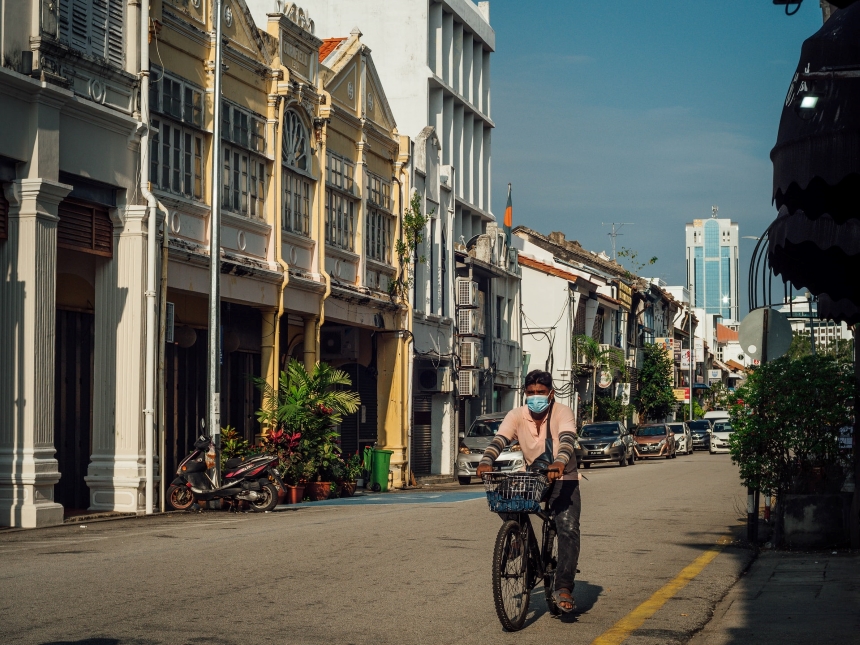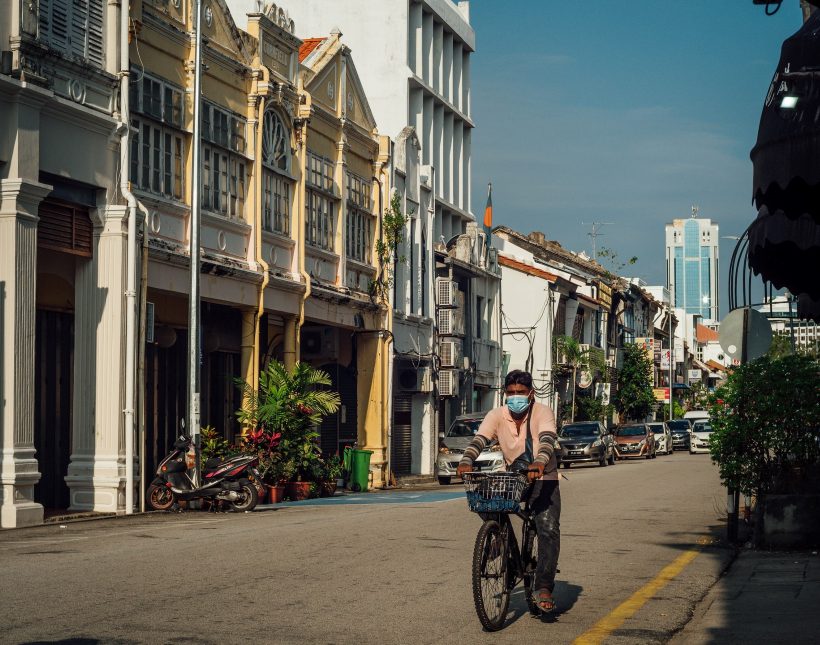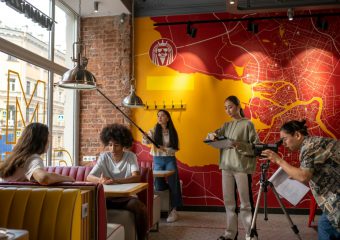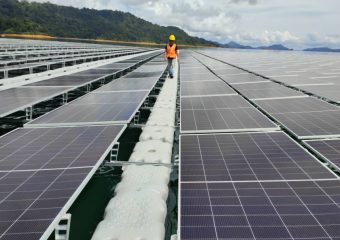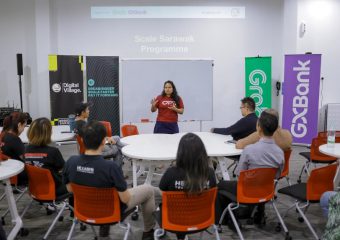Georgetown, Penang, one of Malaysia’s UNESCO World Heritage Sites. Malaysia’s tourism sector isn’t spared from the devastating impact of COVID-19. Photo by Kelvin Zyteng on Unsplash.
Tourism isn’t exactly in a pleasant place at the moment.
Worldwide, it’s one of the hardest hit economic sectors during the COVID-19 pandemic, with data from the World Tourism Organisation (UNWTO) indicating that international arrivals had dropped by 74 percent in 2020.
As a result, the tourism sector lost around USD1.3 trillion in export revenues and put between 100 and 120 million direct tourism jobs at risk, many of which come from small and medium-sized enterprises (SMEs).
While mass COVID-19 inoculation programmes are taking place as we speak, majority of tourism experts from UNWTO don’t expect a recovery to pre-COVID-19 levels until 2023 or later, due to barriers including travel restrictions, slow virus containment and low traveller confidence.
In Sarawak, figures from the State Ministry of Tourism, Arts and Culture show that visitors’ arrivals decreased drastically in 2020 by 74.27 percent – from 4,662,419 in 2019 down to 1,199,872 in 2020.
The decline in the State tourism had negatively affected other industries in the services sector, especially transport and logistics, hotel and accommodations, wholesale and retail trade as well as food and beverages, so much so that the Sarawak Government expected the service sector to register a negative growth of 1.4 percent in 2020.
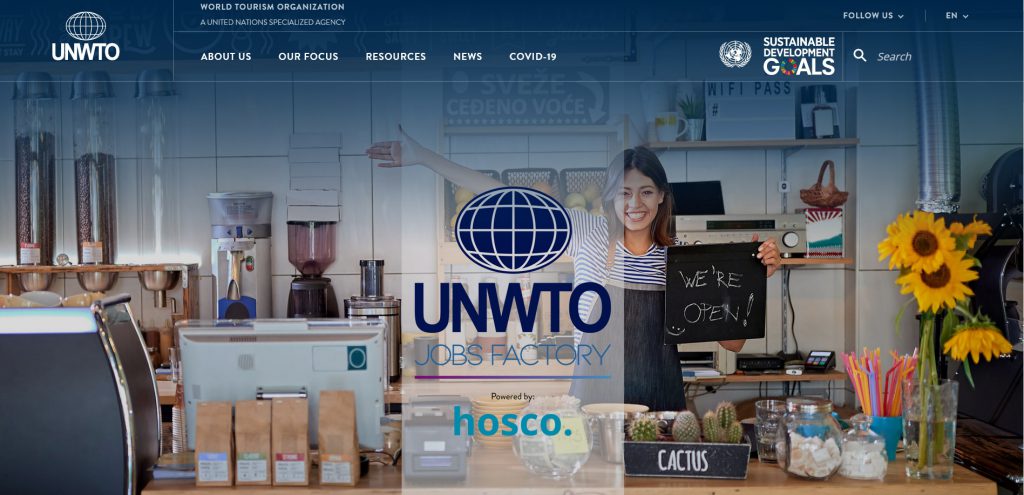
Having said all these, the bleak situation tourism is undergoing shouldn’t deter you from considering working or starting a business in the sector.
As tourism makes its gradual restart, the impact brought about by COVID-19 have led to new opportunities that include the promotion of innovation, the introduction of new business models, the exploration of new niches/markets and destinations, and a shift towards greater sustainability and resilience in tourism development models.
To kickstart tourism jobs recovery across the globe, UNWTO in collaboration with professional network Hosco launched a recruitment platform called the Jobs Factory in June 2021.
The project provides tourism workforce access to local and international employment; businesses and organisations an avenue to find and recruit the best talent; and UNWTO member states (Malaysia being one of them) the latest, reliable data to make better informed decisions concerning employment in the sector – all in one single platform.
Generally, job opportunities in tourism can be found in a wide variety of interconnected services such as accommodation, event management, food and beverage, retail, transport, travel agencies and many others.
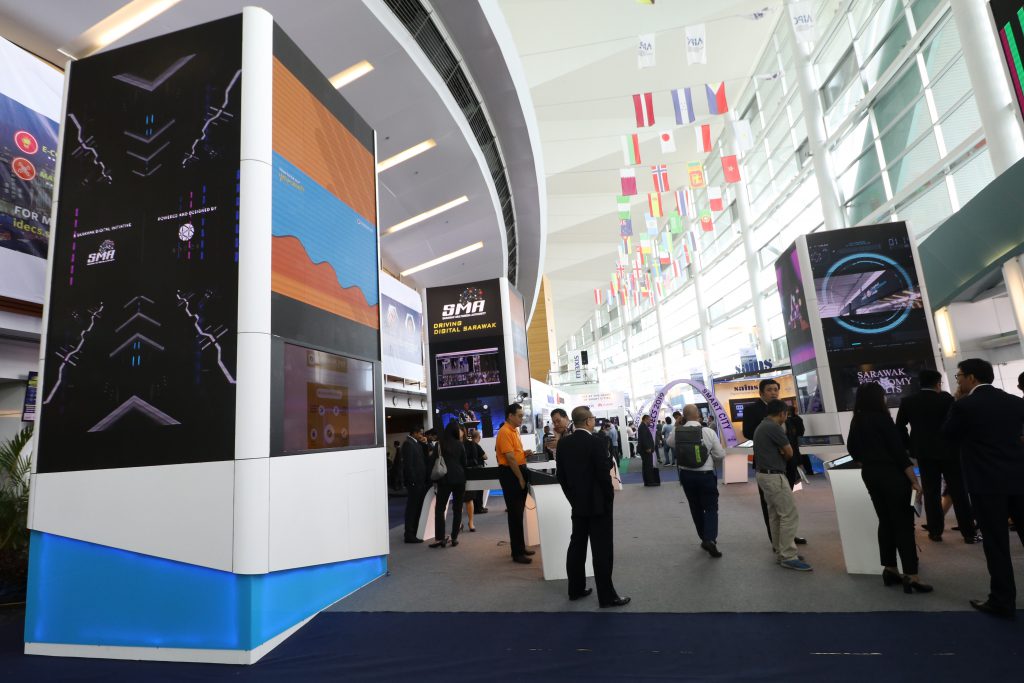
These services help to support a country’s overall tourism activities. Should you plan to build your tourism career or entrepreneurship in Sarawak, it’s important to first understand the nature of the sector in the State.
Essentially, the tourism industry is a major contributor to Sarawak’s socio-economic growth. In 2019, it contributed 8.72 percent – RM11.57 billion – to the State’s gross domestic product (GDP).
For the longest time, Sarawak is known as a culture, adventure and nature (CAN) destination, offering tourists an authentic travel experience with its unique flora and fauna, and its diverse ethnic groups.
It has since included food and festivals – hence CANFF – to highlight to visitors its ubiquitous cuisine and year-round festivities, including internationally famous Rainforest World Music Festival, Borneo Jazz Festival and Rainforest Fringe Festival.
Sarawak has also expanded its tourism segments to areas of meetings, incentives, conferences and exhibitions (MICE), health tourism, sports tourism and educational tourism.
Furthermore, the establishment of local businesses such as Backyard Tour has opened up opportunities to explore and promote sustainable tourism.
Also known as responsible tourism, sustainable tourism aims to establish a balance between environmental, economic and socio-cultural aspects of tourism development in order to ensure long-term sustainability towards host communities, visitors, the industry and the environment.
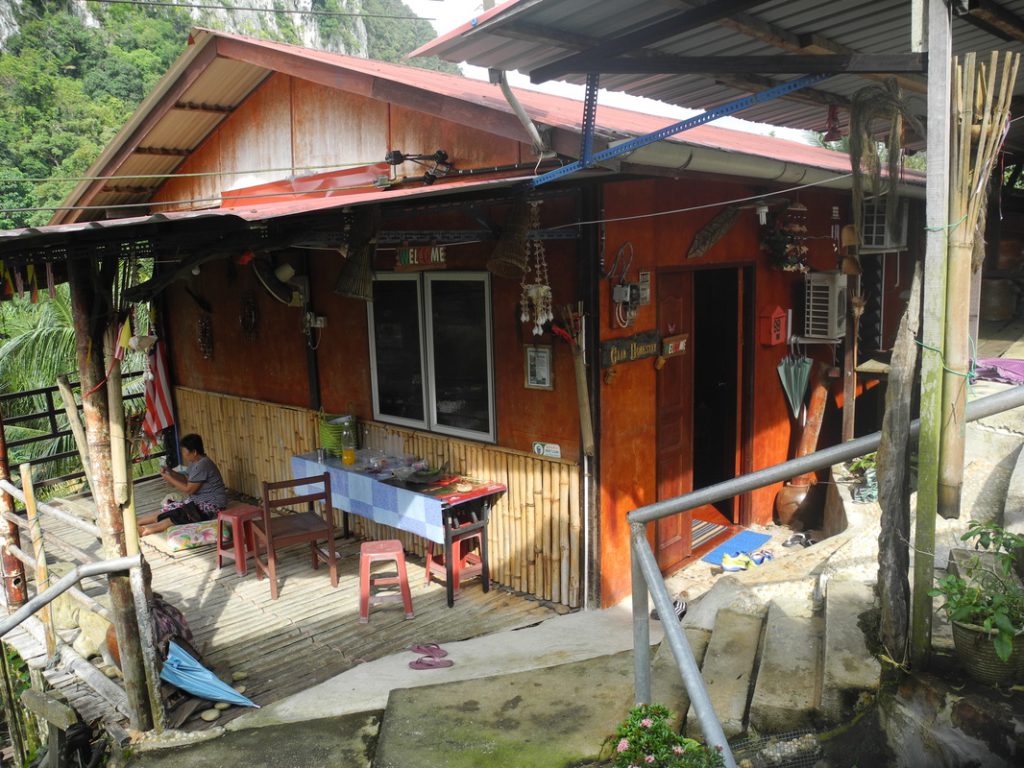
Read more: Thinking about a career in tourism?
Read more: Heritage Preservation in Sarawak
